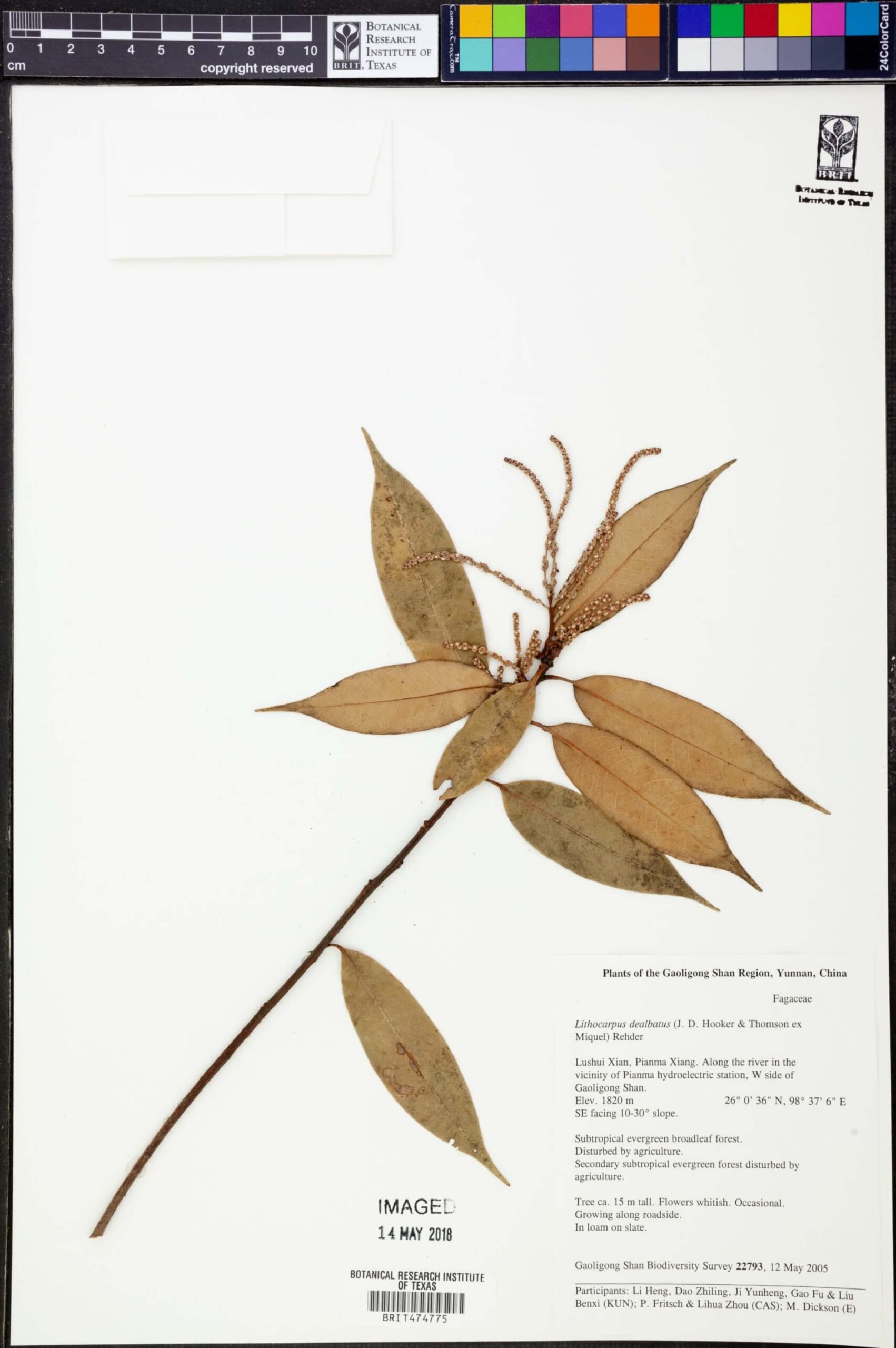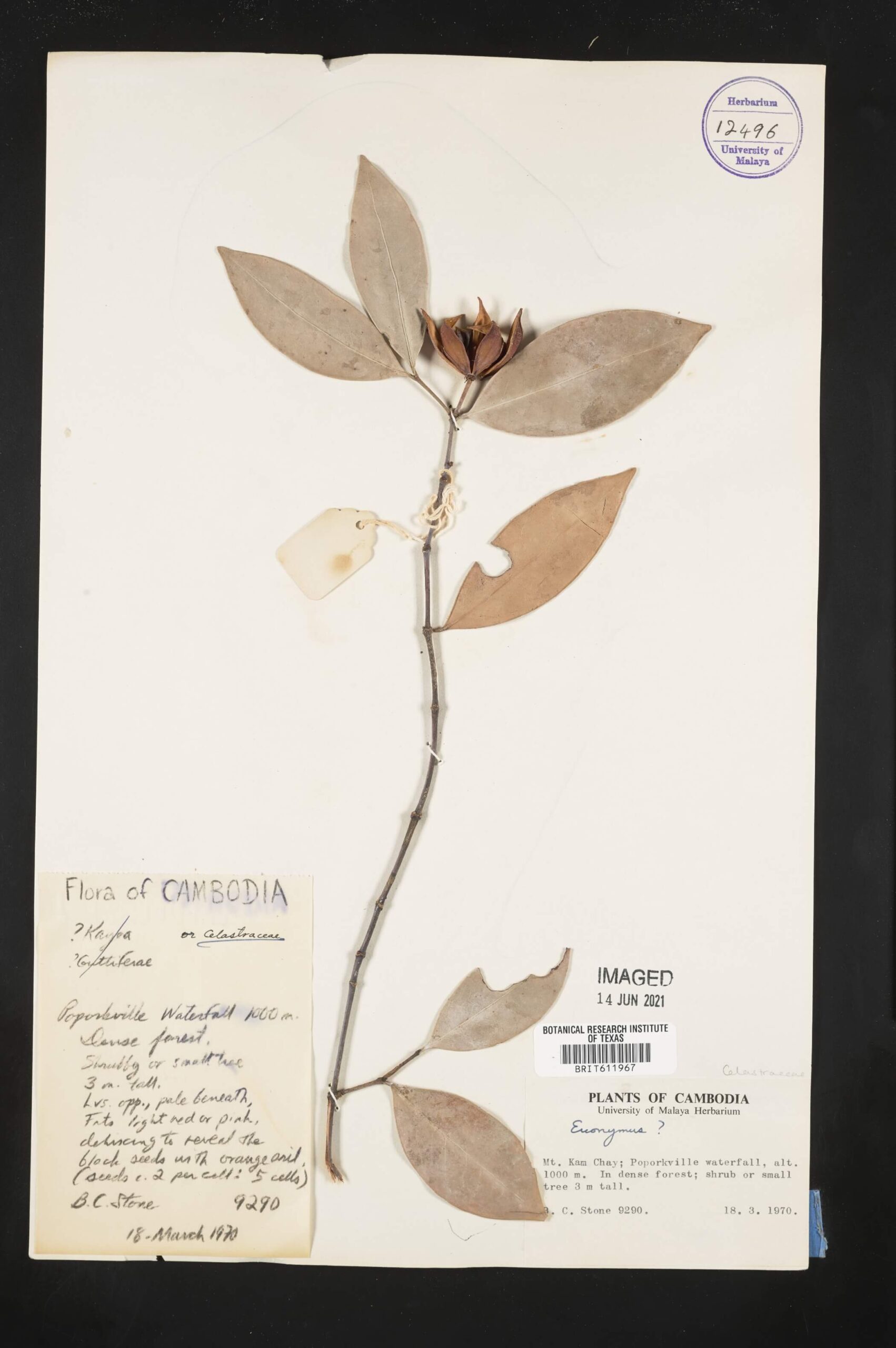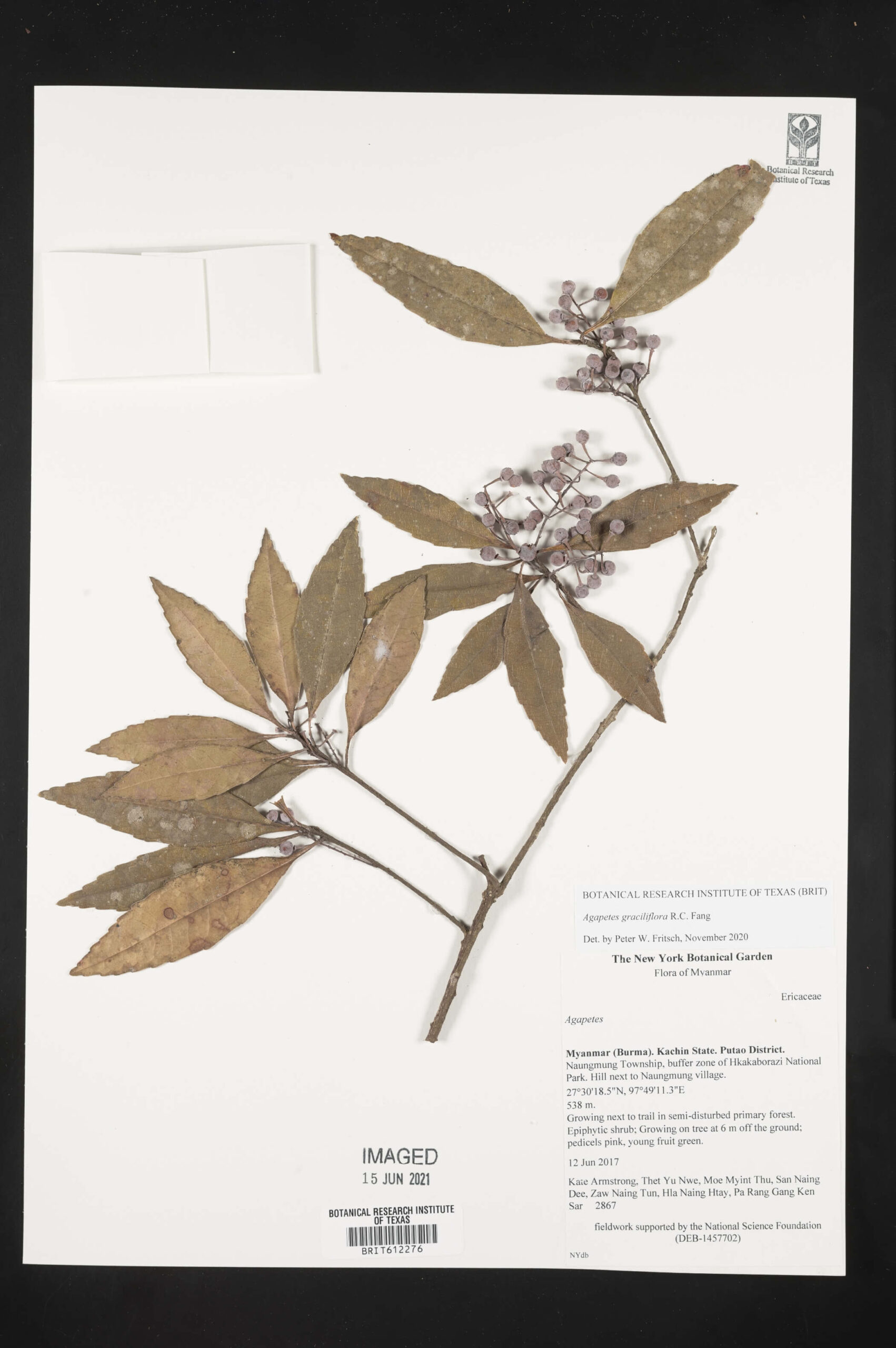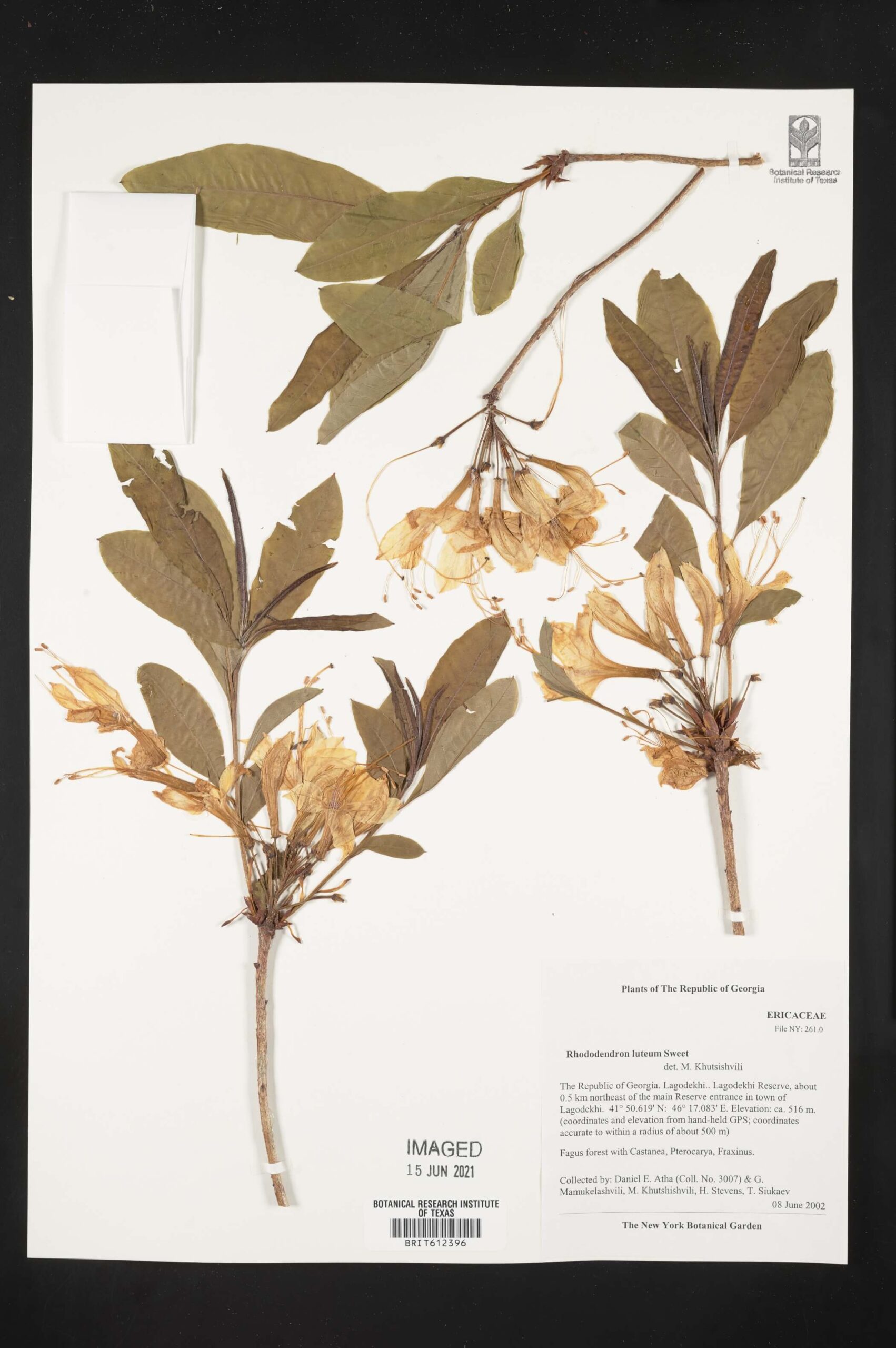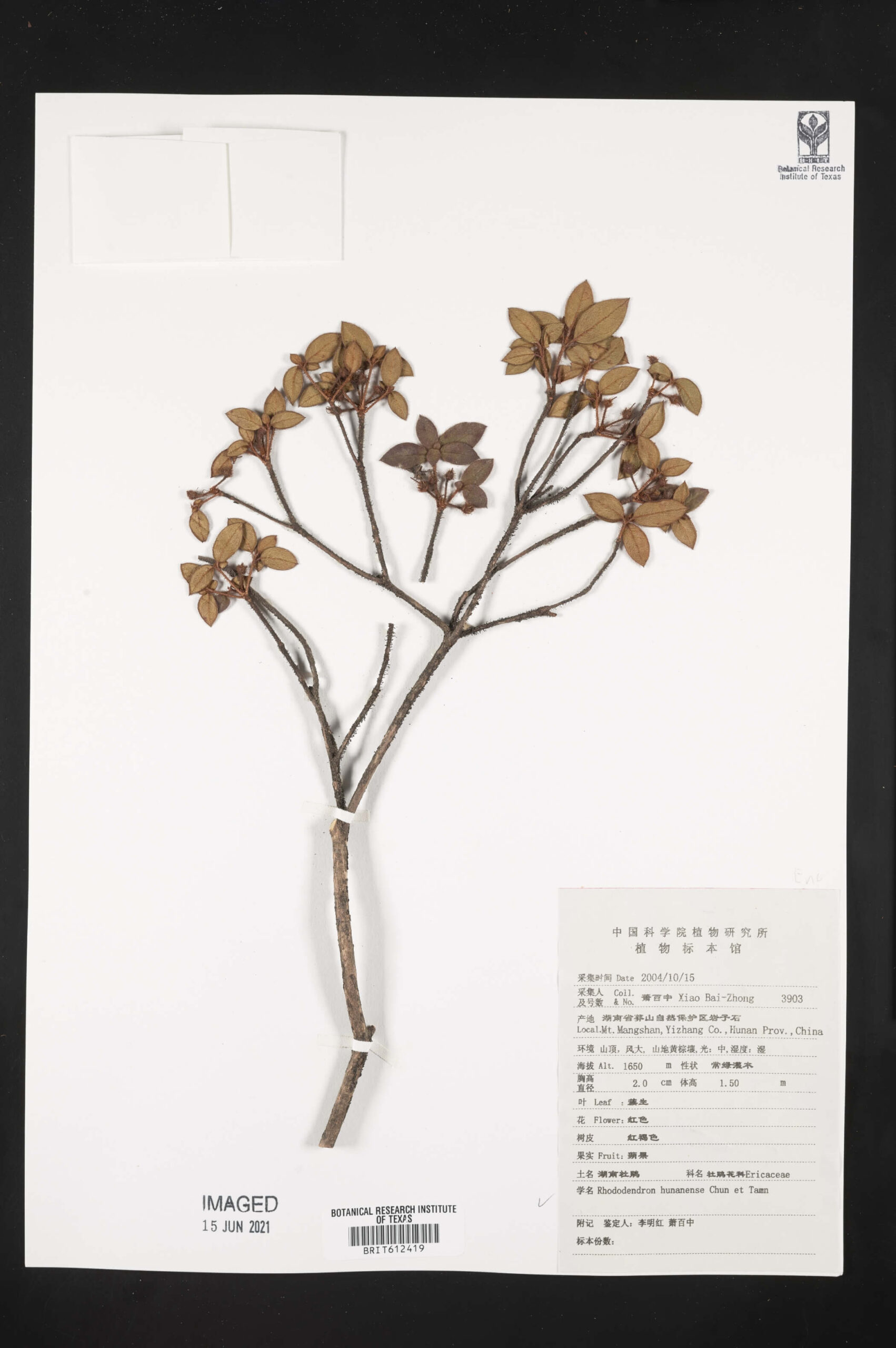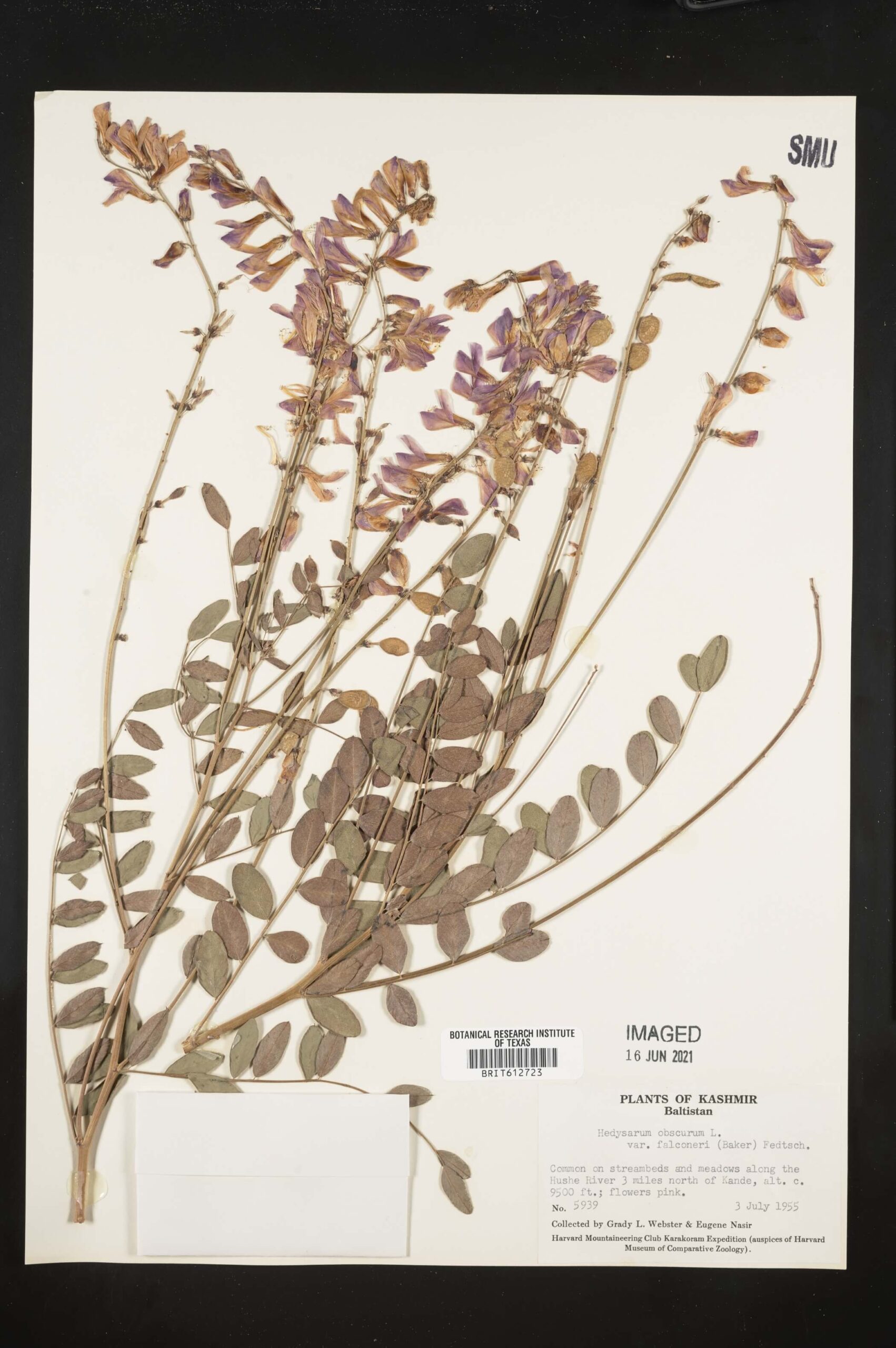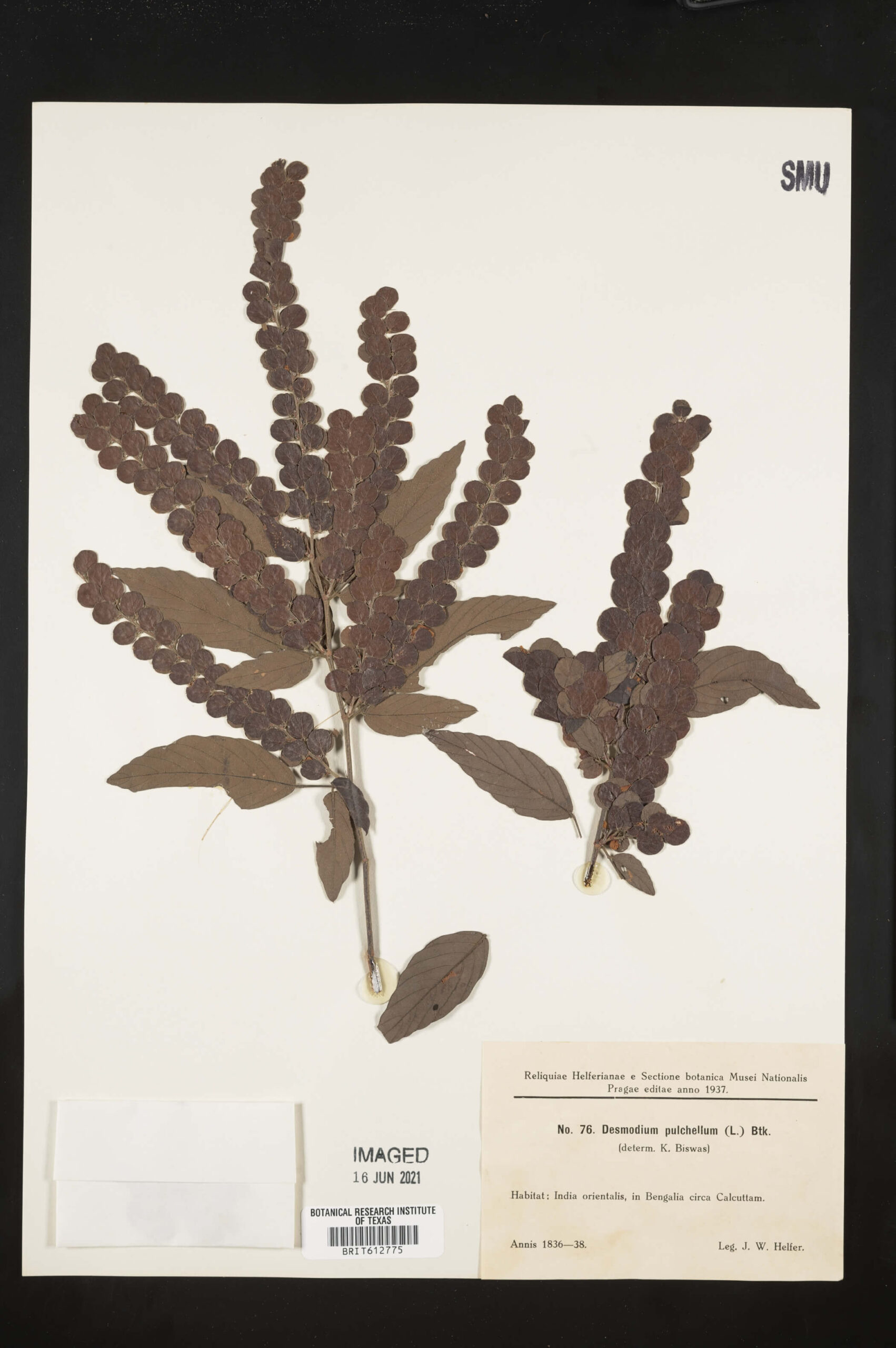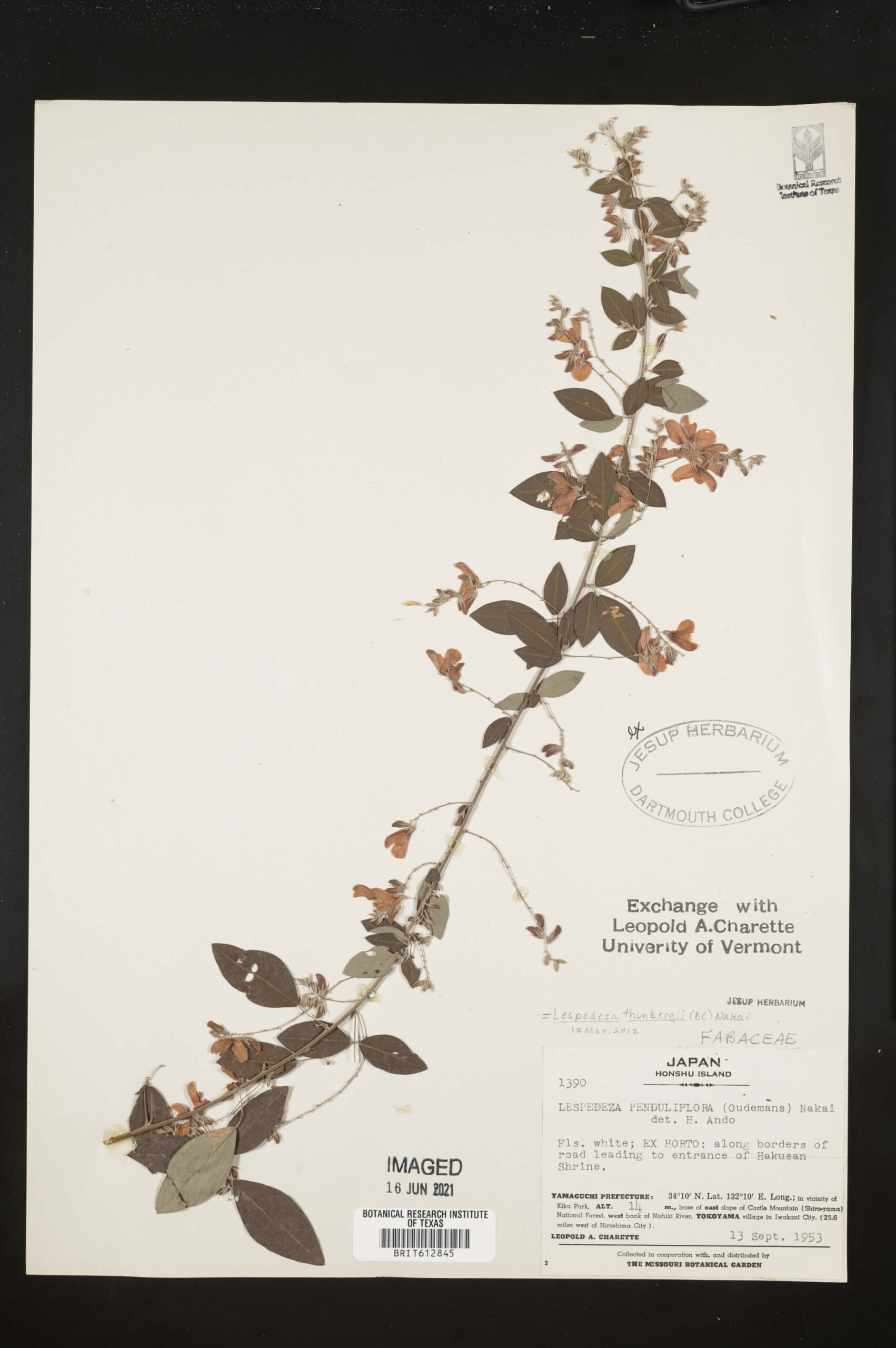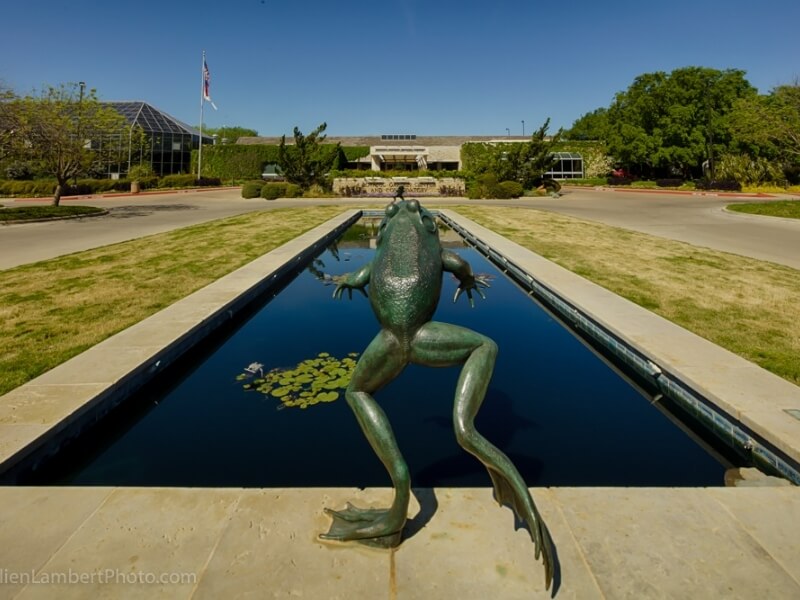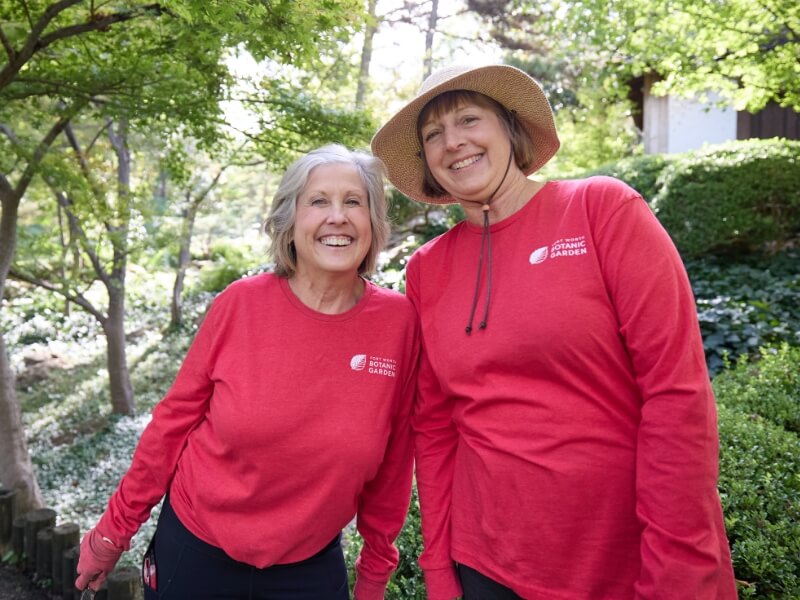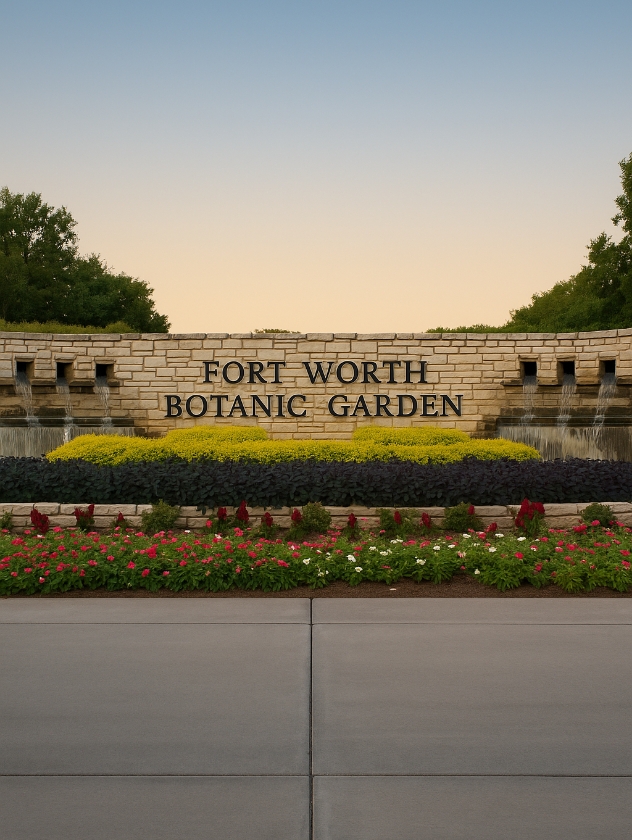All Asia NSF TCN Project
Asia is the largest continent on Earth, and includes the world’s tallest mountains, lowest landscapes, and habitats ranging from arctic tundra to tropical rainforests and mangroves to deserts. The plants of this region are incredibly diverse in their identities and functions. More than one-third of the world’s 350,000 plant species grow in Asia and include tiny alpine cushion plants, medicinal herbs, ancient crops, and some of the planet’s tallest rainforest trees. But documentation of this diversity remains inaccessible and research about it is difficult because most herbarium specimens of Asian plants have not been digitized.
The All Asia Thematic Collections Network (TCN) will mobilize online 15 million specimens of Asian plants currently housed in the US and around the world.
The project will especially focus on digitizing specimens from the unique and critically endangered biodiversity hotspots of Southeast Asia and the Himalaya-Hengduan region. These mobilized digital data will accelerate research to conserve endangered plant species and understand the interacting effects of evolution and global environmental change on plant species diversity. The project will apply state-of-the-art informatics tools and high-throughput digitization methods to efficiently and affordably digitize an unprecedented number of herbarium collections. This effort will connect and build long-lasting relationships among 25 large and small consortium institutions in the U.S., Europe, and Asia.
Philecology Herbarium (BRIT-SMU-VDB-NLU) Digitization Progress
Countries of Collection
- Philippines (56.55%)
- China (9.18%)
- Japan (5.50%)
- Vietnam (3.60%)
- Papua New Guinea (8.48%)
- Indonesia (5.15%)
- Remaining Countries with <1,000 specimens (11.56%)
Updated: Nov 6, 2024
Each specimen goes through these four stages of digitization
